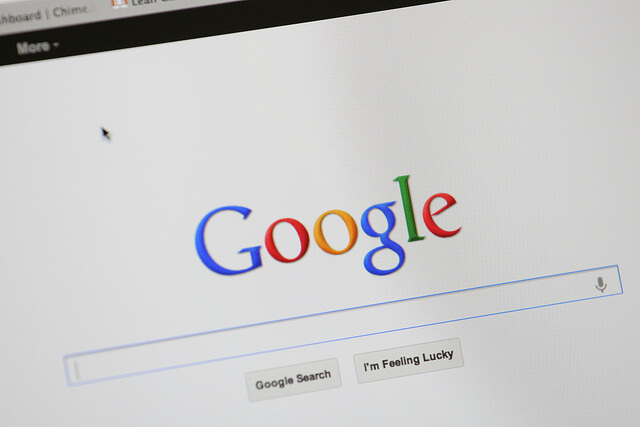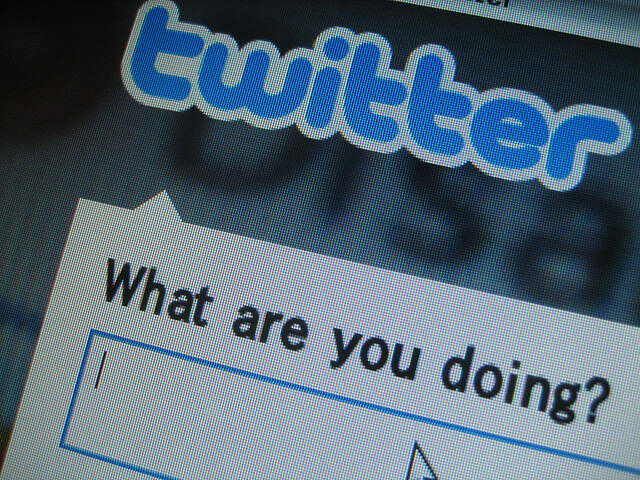The face of the Internet as we know it has altered dramatically over the past decades in which it filtered into existence. Right up until now, at the point where net access is considered more of a necessity than a luxury or even the novelty it used to be, the increasing pull of more effective, adaptable and forward thinking technology continues to make an impact on our lives in various ways.
The Web – as we know it.
Web design is the umbrella term used to describe the many creations through which we experience the Internet. Think about interactivity, the layouts, the colours, the graphics, the fonts, the content, navigation, the interfaces, the applications, web design is the way you experience the Internet. See where we’re going with this one?
The evolution of web design has led to the point where our capacity for communication, education and social interaction has changed beyond recognition. So, when we speak about the most critical changes over the last 15 years, what are some of the most ground breaking game changers we can refer to? Here, we’re looking at what are recognised as some of the most important postmarks in that time.

Photo Credit: theanthonyryan via Compfight cc
1991 – A Web Page: the World’s First
- August 6 and the world’s first web page was launched, outlining the plan for what we now know as the world wide web.
- In the same year, the language HTML used to write content on the web (or Hyper-text Mark-up Language) was invented.
1996 – The New Way To Trade
- The web in it’s youthful glory starts looking mighty attractive to consumers, but let’s remember, Google hadn’t been born yet, and as opposed to the many millions of websites you can choose to visit now, there were only around 100,000 to select from then.
- Microsoft released its first competitive browser in 1996. Remember Netscape Navigator? The better-known Internet Explorer 3 followed it closely.
1997 – Faster, Bigger, Better
- People began to depend on the value of faster dial up and bigger screens. In late 1997, the very whiz-bang and powerful modems were in increasingly hotter demand.
1998 – The Dotcom era explodes
- Enter the dotcom bubble or the dotcom boom. Many businesses began to realise that a well-rounded web presence was no longer optional, and this saw thousands of entrepreneurial businesses cashing in on the steady growth of the web.
- Web based commerce gained significant traction and there the path was carved for doing business in a way business had never been done before.
2000 – Mobile Phones – Just Handy Gadgets?
- Smartphones weigh in. It was early in the year that Ericsson launched the R380 and marketed it as a smartphone, though some mobile phones from the late 90s ran operating systems (Windows Pocket Pc), the concept covered today’s essentials such as personal digital assistant applications, web browsing and a resistive touchscreen the user could navigate with a stylus.
- The size of the World Wide Web had now grown to exceed 1 billion pages.
2002 – Launch of the Tablet
- It appeared the future had arrived with the world’s first Microsoft Tablet PC pen based tablet computer arriving on the shelves. Tablet PC boasted handwriting and voice recognition functionality, and the same hardware as laptops of the same time.
2003 – The Bloggers Broadcast
- Blogging software hits the ground running in May with the release of one of todays most infamous and most relied upon content management systems, Word Press. Similar sites such as Joomla now enable free and open source services to those who can self-market with an online platform at no cost.
2004 – Connecting the World, City by City
- Most large major cities now boast free Internet access.
- Thefacebook.com, a website known as a ‘social networking service’ is launched in February that year by entrepreneur Mark Zuckerberg from Harvard University. Sound familiar? Facebook’s beginnings were ambitious but humble, initially limited to include Harvard students only but later extended on a global scale.
2005 – YouTube is launched
- Created by three PayPal employees in November. The following year Google buys YouTube for $1.65 billion. The first video ever uploaded to YouTube, “Me at the Zoo” is still viewable on YouTube today.
2007 – The iPhone lands
- Apple launches the first iPhone. It was under Steve Jobs’ prophecy that ‘cell phones were going to become important devices’ and in June of that year the first iPhone was released.
- OUCH: With the arrival of the iPhone, the cover-all multimedia program ‘Flash’ suffered a massive blow and with the exception of gamers today, dwindled to a trickle of users. This was due to problems caused with its software. Most of it was replaced with HTML 5.
2008 – Yahoo vs. Google
- Microsoft offers to buy the search engine Yahoo for $44.6 billion in order to shake up the industry’s giant known as Google.
2009 – Pirates of the 21st Century
- A damning industry report releases estimations that approximately 95% of music downloads are now deemed illegal, speaking to the transformation of the music industry’s business models. Sites such as MySpace Music are used as evidence that piracy has reached its climactic level.
2013 – A Haven For Scammers
- Consumer dependence has grown to reach astonishing levels, and is reflected in a professionally designed viral scam that fooled some phone owners into believing the iOs7 made their iPhone impenetrable to water. While the scam only affected a few, it again highlighted the devouring damage of both viral posts and the consumer’s expectation that smartphones now ‘do it all’.
2014 – Social Media as a technological means of protest?
- Following violent street protests, Turkey joins North Korea, China and Iran in the endeavour to halt the spread of public-driven media reporting, blocking 10 million Turkish users from accessing social media network Twitter.
- Consumers across the globe are expected to purchase over 1 billion smartphones this year.
Looking back on the journey we’ve shared with you as a reader, which changes do you feel have made the most impact on your life, or affected the way you live the most? What did you manage perfectly well without 15 years ago that you now rely on every day? We welcome you to share your thoughts and comments below!







